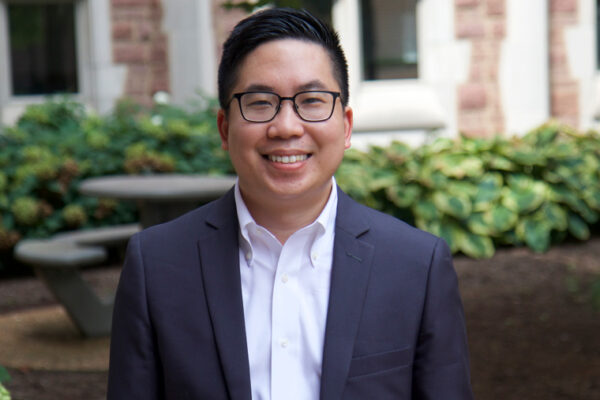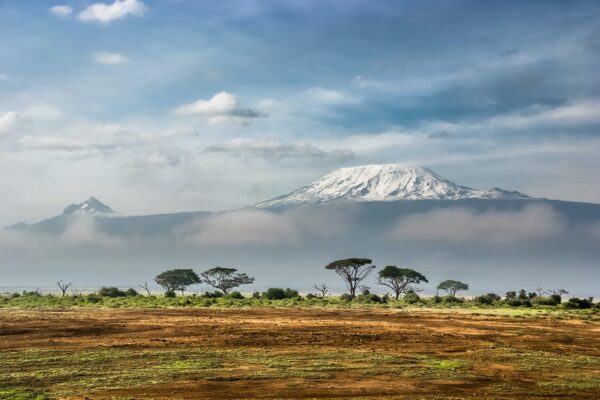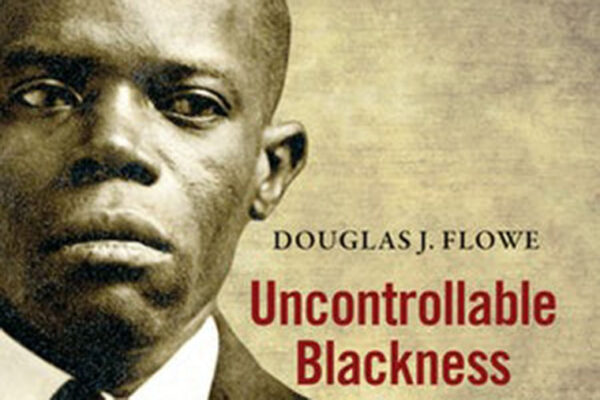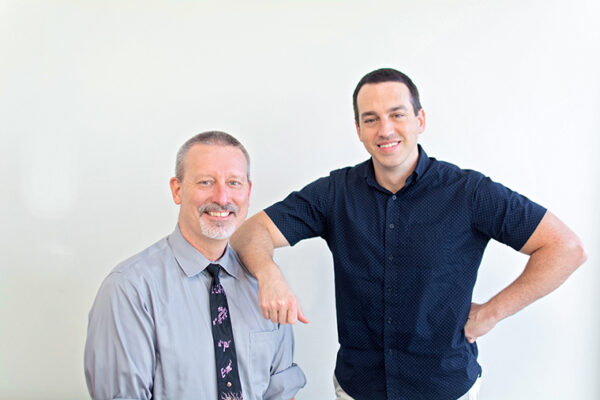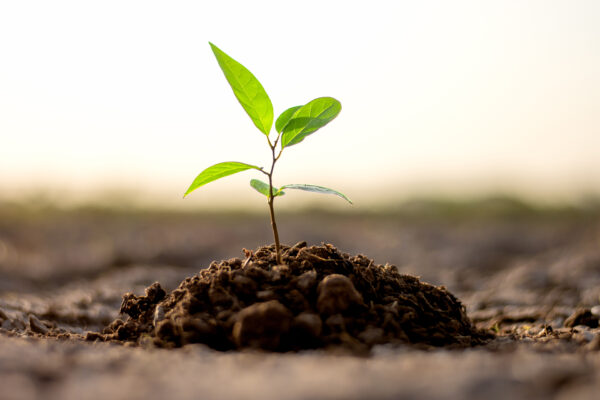Lai to evaluate diversity training for law enforcement
Calvin Lai in Arts & Sciences received a nearly $350,000 grant, part of $33 million allotted by the Department of Justice to improve community policing.
New database highlights underrepresented scholars of African archaeology
Helina Woldekiros, assistant professor of archaeology in Arts & Sciences, helped launch a database that aims to make undercited work more accessible to scholars, students and the public.
Time to retire daylight saving time
Saying goodbye to daylight saving time, and the summertime memories we associate with it, can be difficult. But experts in biological rhythms, including Erik Herzog in Arts & Sciences, agree that it’s time to let it go.
Flowe wins Littleton-Griswold Prize for ‘Uncontrollable Blackness’
Douglas Flowe, assistant professor of history in Arts & Sciences, has won the 2021 Littleton-Griswold Prize for his book “Uncontrollable Blackness: African American Men and Criminality in Jim Crow New York.”
Washington University announces 2022 Great Artists Series
The Great Artists Series presents intimate recitals with some of the world’s finest classical musicians. The 2022 series will feature soprano Angel Blue; piano duo Kirill Gerstein and Garrick Ohlsson; the Attacca Quartet; and pianist Seong-Jin Cho.
Barnes, Loomis win Packard grant for increasing diversity in STEM
Jonathan Barnes and Richard Loomis, both in the Department of Chemistry in Arts & Sciences, won a four-year $90,000 grant from the David and Lucile Packard Foundation for the recruitment and retention of underrepresented graduate students in chemistry’s doctoral program.
Partisanship, the economy and presidential accountability
New Arts & Sciences research shows that voters are surprisingly objective in how they assess the economy. Voters will actually hold the president accountable for the state of the world, Andrew Reeves said.
Two students participate in German-American Sister Cities Youth Forum
Students Essete Workineh and Johnny Yeldham, both in Arts & Sciences, are among 11 St. Louisans selected to participate in the German-American Sister Cities Youth Forum.
First artificial scaffolds for studying plant cell growth
Ryan Calcutt and Ram Dixit in Arts & Sciences and their collaborators created the first artificial scaffolds that can support the growth of individual plant cells — a discovery that will make it possible to study how forces such as gravity affect the way that plant cells form and grow.
Psychotic experiences in children predict genetic risk for mental disorders
New research from Washington University suggests that psychotic-like experiences in children may predict risk for mental illness.
View More Stories
